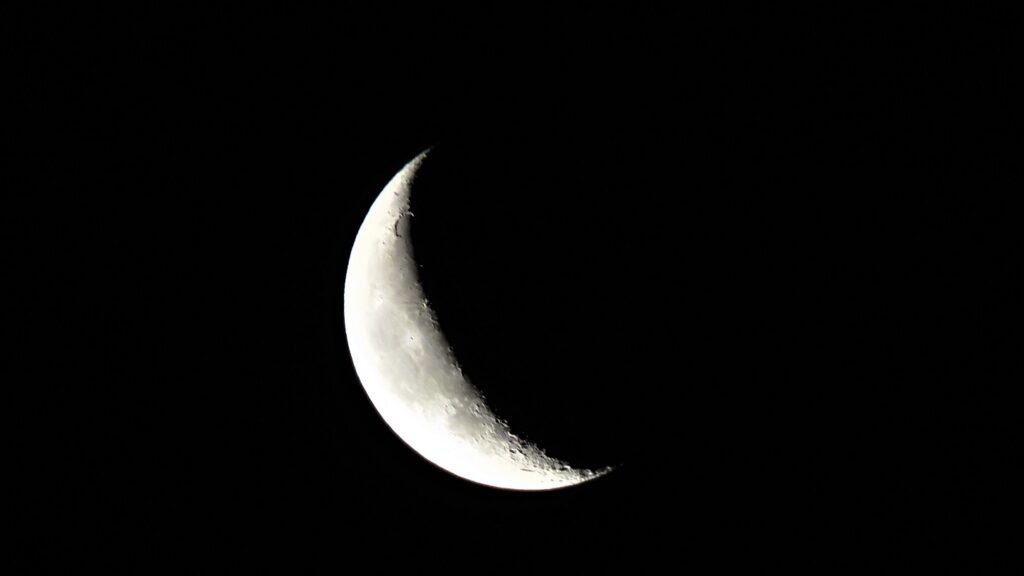“We don’t have any indication of a motive at this time”
Welcome to yet another wonderful, reality-evading episode of Politically Correct Agenda Land. On today’s episode, Salman Rushdie, an author who has been under Islamic fatwa issued by the Iranian mullahs for over thirty years, who lived for a decade under constant police protection, and whose various associates around the world have been attacked, sometimes fatally, for their connections with him, is stabbed to within an inch of his life by a man who has recently posted social media comments in support of the mullahs and Iran’s Revolutionary Guard — and a high-ranking New York State Police official announces to the world that, “We don’t have any indication of a motive at this time.”
I see.
Islam is a major world religion. Like any major religion, it has within its membership a significant proportion of true-believing literalists, for whom the norms and strictures of secular society have little or no bearing on their understanding and application of God’s truth, or rather of that truth as interpreted and disseminated by church leaders. The difference between Islam and the other major religions in this regard appears to be two-fold.
First, the Islamic world has never, at least at the leadership level, accepted the need to moderate its practical or social injunctions in order to accommodate the terms and conditions of modern pluralistic societies. Therefore, when Islamic law — as distinguished from Christian, Buddhist, or Judaic law — runs up against the legal premises and social requirements of modern political practice, the more devoted Muslims feel freer than their counterparts in other faiths to simply disregard or summarily override the norms of modernity, in particular tolerance of difference, subordination of one’s natural will to justice or vengeance to the universally accepted rule of law, and an implicit respect, however uncomfortable at times, for the right to free speech, which of course means nothing if it does not apply to controversial or unorthodox speech.
This problem — Islam’s doctrinal rejection of modernity — is not merely an accident of history or a choice of particular leaders. Rather, it must be recalled that Judaism and Christianity, in different ways, were largely responsible for the development of the modern political principles of tolerance, free will, natural rights, and so on, not in the sense that the philosophers who promoted these ideas were faithful Christians or Jews as such — many were not men of faith in any clear way at all — but rather in the sense that the Christian world itself (an elaboration upon the Jewish one) established the general moral and social conditions in which the concepts of modern liberalism could take root. The explicit emphasis on the salvation of individual souls, the teaching that all souls, including the lowliest laborers and sinners, are intrinsically important in God’s eyes, the heightening and sanctifying of the status of women through their direct inclusion within the biblical pantheon of holy persons, and the resulting elevation of marriage and family from mere political necessities to a position of moral primacy and privilege among human relationships; these notions and their implications were foundational, for better or worse, in the development of everything we call modernity. Jews, meanwhile, mingled uneasily within early modern Europe, and therefore had every reason to foster and encourage the moderating secularism, cosmopolitanism, and republicanism that became so essential to the moral and political theories of Locke, the Enlightenment thinkers, Kant, et al. The Islamic world, falling largely outside of these developments and lacking the dogmatic focus that might have led it down similar paths independently, simply is not well-calibrated to adapt itself to modern liberalism and democracy, whereas Christians and Jews, personally and dogmatically, feel a natural affinity for political ideas that grew organically, we might say, out of their own historical and religious soil.
The second difference between Islam and the other major global faiths with regard to the issue of private applications of God’s truth is that whereas Christianity, for example, certainly has its historical share of religious violence, the violence was generally initiated at the theocratic level, meaning by religious states, an impulse which gradually weakened as theocracy itself slowly dissipated in practice, which in turn was a natural byproduct of the moderating effects of modernization itself. That is, Christianity planted the seeds of its own political moderation, a fact acknowledged both by Kant, who extolled it, and by Nietzsche, who excoriated it. And in any case, once again, the coercive elements within Christianity were, so to speak, policy decisions aimed at universal conversion to the true faith, rather than random acts of private violence called forth and carried out in the name of “defending” Muhammad, as though such a thing were either possible or necessary. This desire for and condoning of extra-legal manifestations of “crusade” — that is, for private action on God’s behalf that bluntly overrides and ignores the presiding norms and judicial mechanisms of civil society (such as the norms that the religious antagonists Antonio and Shylock agree, however grudgingly, to abide by in The Merchant of Venice) — seems to be a peculiar feature of doctrinaire Islam, or at least of large swaths of it.
Buddhism girds itself in a variation of Stoic passivity, and is therefore largely non-violent in character. Judaism, for two millennia, has been a marginalized and minority faith, and therefore naturally disinclined to initiate overt attacks on people of other faiths, who are, after all, usually their hosts, at least as a matter of pragmatic inescapability, if not of hospitality. But Islam is more expressly a warrior religion, one which celebrates acts of male aggression against sinners and infidels carried out in the names of devotion and divine justice, and with explicit hopes of divine reward.
Hence, the modern notions of the rule of law, tolerance of difference and dissent, and the moderating influences of civil society in general as conceived on premises of natural equality and individual freedom, which are largely outgrowths of Judeo-Christian history and doctrine, are essentially foreign to Islamic history and doctrine. Such is the hard truth unfaced by the devotees of the late modern fantasy of “multiculturalism”: In practice, multiculturalism means, and can only mean, the wishful weakening of all cultures to fit the mold of one, which is to say the refusal of the equality-obsessed West to live alongside real cultural difference, which will often, if not always, result in fundamental incompatibility, many times leading to violent conflict, at least to the extent that the incompatible cultures are forced into close proximity and interaction.
This is an unpleasant and unresolved picture, one largely resulting from the Western fabrication of “culture” itself, i.e., the belief that different ways of life are not different — and differently successful — attempts to find the truth, but merely the varied “values” that evolved in different climatic and temporal conditions, none of them inherently more (or less) right than any of the others. In other words, once you subsume all human social differences under the quasi-egalitarian fantasy of moral relativism, you are left perplexed, or at least in need of feigning perplexity, in the face of violent outrages by one “culture” against another.
“Why would someone do that?” “We don’t have any indication of a motive at this time.”
“You have to understand,” says the sober and even-handed multiculturalist, “that in their culture, what Salman Rushdie wrote in his book is considered blasphemy.” True. But is it right to stab a man to death for blasphemy? That is the only question that matters, if you truly believe in the rule of law, tolerance of differences, and the natural right to free speech. Along with this corollary: What are you going to do if one culture decides that stabbing a man to death for blasphemy is preferable to tolerance and natural rights? And this: What are you supposed to do if your culture chooses stabbing a man to death for blasphemy over tolerance and natural rights? Must you accept this judgment in the name of being faithful to your culture? Reject your culture in favor of another? On what grounds could you make this choice, if all cultures are equal and “true in their own way,” and if we all exist and find our worth primarily as products and representatives of our respective cultures?



